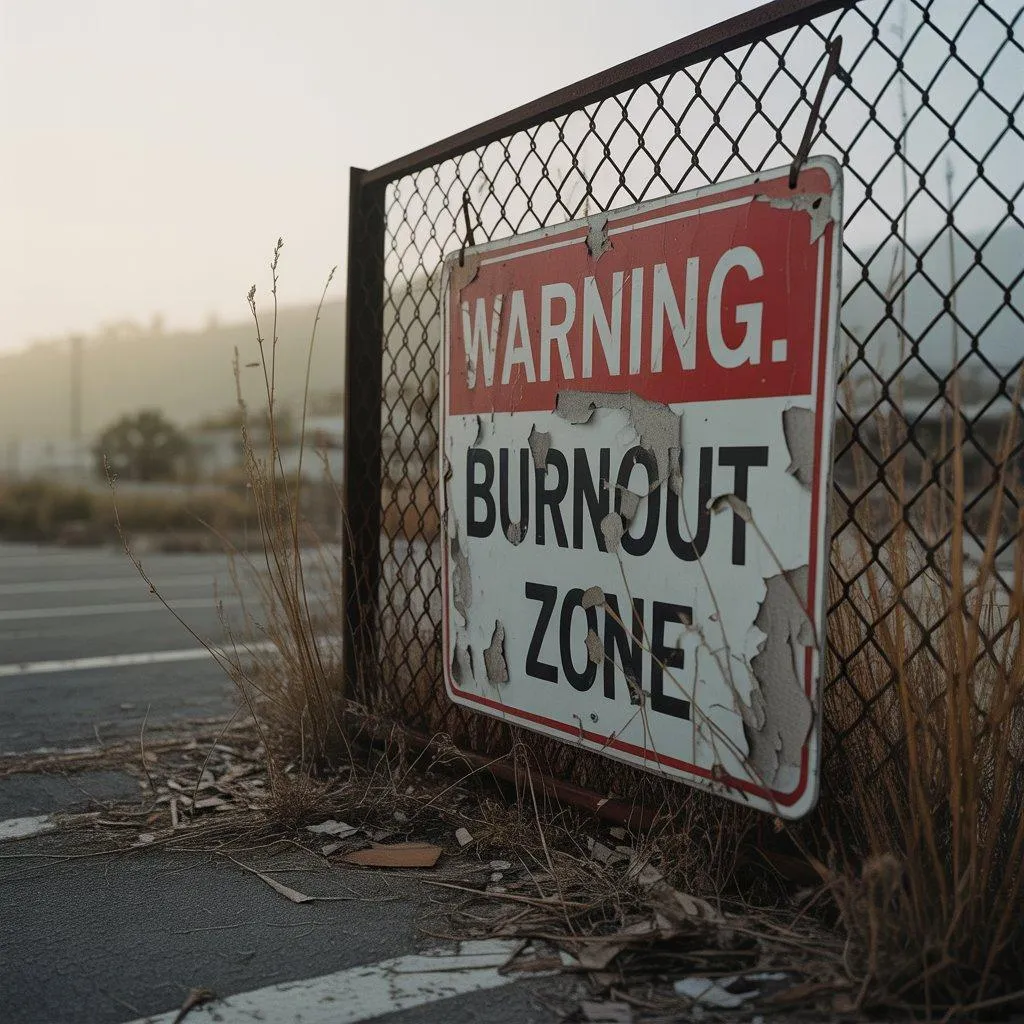
Is Your Strength Secretly Draining You?
What high-functioning really means—and how to know if you’re running on silent survival mode.
You might not consider yourself "high-functioning." Perhaps you wouldn't compare yourself to CEOs, crisis responders, or that friend who always seems to have everything under control.
But take a moment to reflect.
Do you often say, "I'm fine," even when you're unsure if that's true? Do you keep pushing forward because you feel you must, even when your body signals it's time to stop? Do you take pride in being the reliable one others depend on, even when no one checks in on you?
If you've ever thought, "Well, I'm doing better than most. I should be grateful. Others have it tougher," you might be coping in ways that appear functional on the surface but drain your energy beneath.
What Does "High-Functioning" Actually Mean?
It's not a clinical term, but it describes people who are outwardly capable while inwardly carrying a heavy load. These individuals are often successful, dependable, and emotionally composed, but they may not be truly well.
You might fill your schedule to drown out your body's quiet signals. You might brush off pain with a laugh. You might mistake calmness for numbness.
The catch? Most people won't notice. Sometimes, not even you, until the burden becomes too heavy to ignore.
We live in a society that celebrates strength, especially the kind that suffers in silence. But here's a truth many high-functioning individuals don't realize until later: just because you're managing doesn't mean you're thriving.
The Mask of "I'm Fine"
Saying "I'm fine" can be a polite way to shut down deeper conversations. It might mean, "I don't have the space to fall apart right now." Or, "I've survived worse, so I shouldn't feel tired." Or, "If I stop holding it together, everything might collapse."
Coping has helped you survive. But healing asks a different question: Is this still serving me, or is it just what I'm used to?
There's no shame in being skilled at carrying burdens. The issue arises when we forget to put them down.
Try This: A Nervous System Check-In
Your nervous system holds truths your mind may have learned to overlook. Take a brief moment to listen to it.
Close your eyes for just ten seconds. Breathe deeply into your belly, not your chest. Ask your body: "What are you holding that isn't mine to carry anymore?"
Notice what surfaces, whether it's a thought, a feeling, a memory, or a name. This isn't about solving it immediately. It's about listening. It's about recognizing that you're more than a mind pulling a body through another day.
Next week: The Illusion of Control
If this resonated with you, check back tomorrow. We'll dive into why control feels so safe, especially for high-functioning individuals, and what it means to let go of the illusion to reclaim true inner strength.
Until then, remember: you don't need to break down to deserve rest. You don't need to be visibly struggling to be worthy of support. You're allowed to want more than just "getting by."
